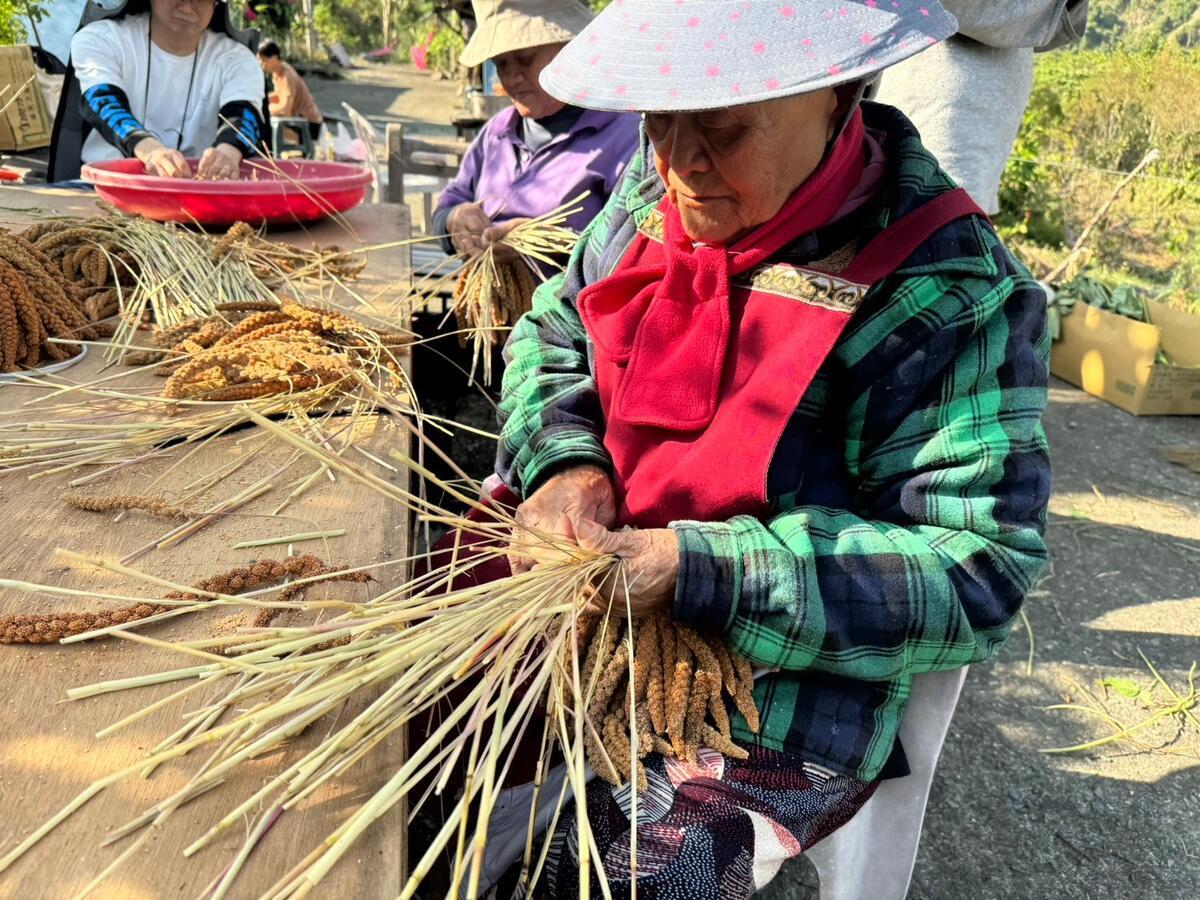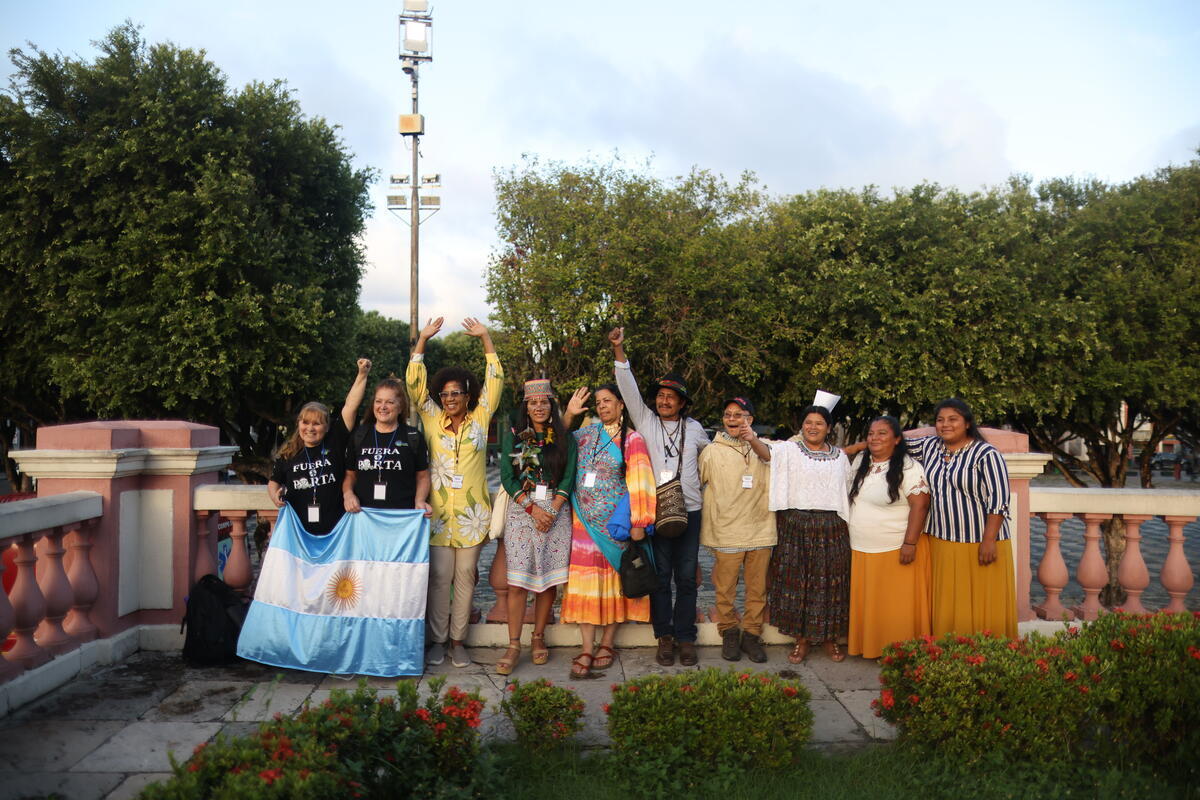As a former investigative TV journalist for 25 years, I am used to picking up good stories by listening to the people on the frontlines of a situation.
And through my work as an Agricultural Campaigner for Greenpeace Denmark, a group of people I have been speaking to a lot recently are those who live close to large pig factories. These people are the subject of a new documentary film we have produced to raise awareness of the issues associated with living so close to an industrial meat facility.
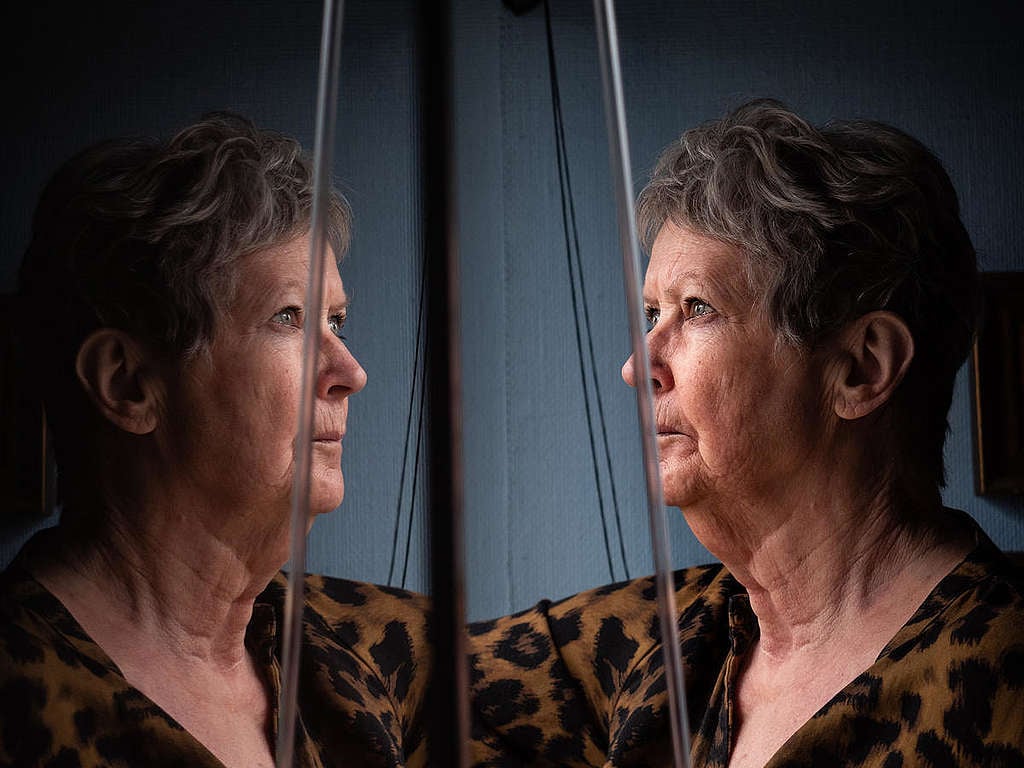
© Greenpeace / Wildlight / Selene Magnolia
They described to me how the unrelenting stench seeping out of industrial pig factories has ruined their lives. They feel ashamed when they have guests in the garden and it smells like sh*t. They cannot hang their laundry outside because it will smell like sewage. Their houses and fences have turned green due to the algae that flourish thanks to the ammonia flowing out from the pig stables. During my conversations with the people forced to live in these conditions, it is not uncommon for people to start crying when telling me their stories, and I was really stunned to experience just how affected they are by living close to these industrial pig farms.
But what struck me the most were their stories about the health problems they have experienced as a result of the constant stench. They described the headaches, the stomach aches, the diarrhea, and the breathing difficulties.
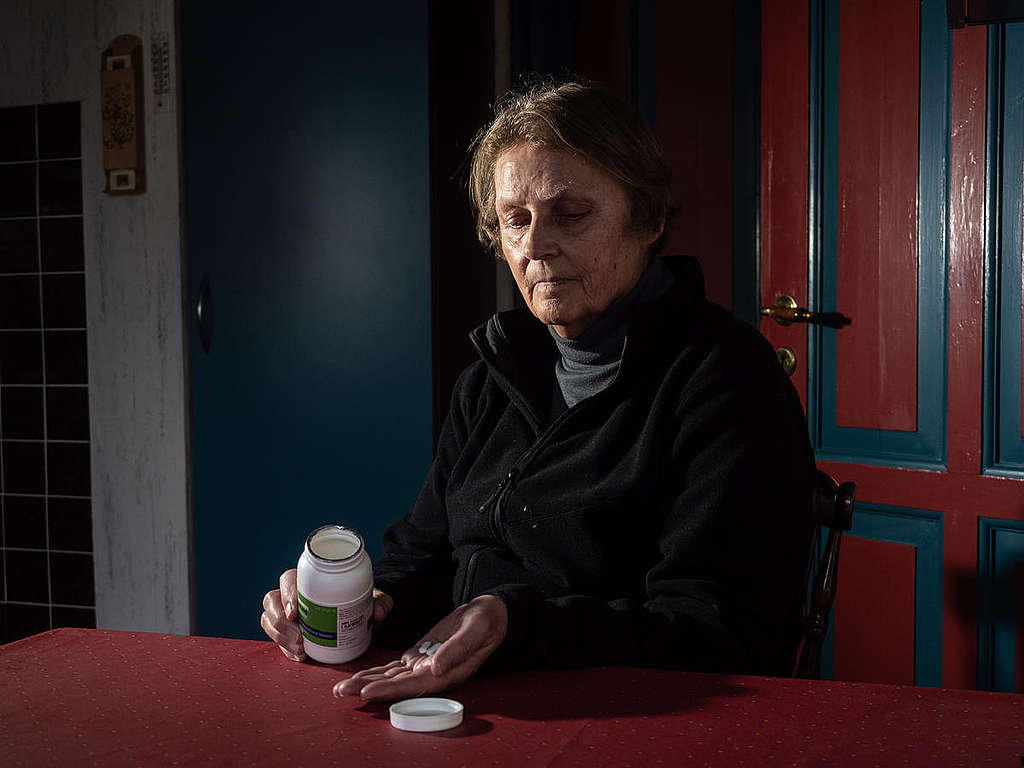
© Greenpeace / Wildlight / Selene Magnolia
The most common stories we hear about industrial meat production are ones that cover pollution, climate change impacts, loss of biodiversity, and poor animal welfare. But here was something new: the pig factories’ close neighbours claims that they are getting sick from the more than 200 chemical substances emitted from the stables. Among them are ammonia, methane, hydrogen sulphide, mercaptans, and dust particles – all related to different kinds of respiratory and lung diseases.
Over time, I managed to speak to more and more pig factory neighbours all over Denmark, and everybody more or less had the same story to tell: “When the stench is really bad, we feel sick”.
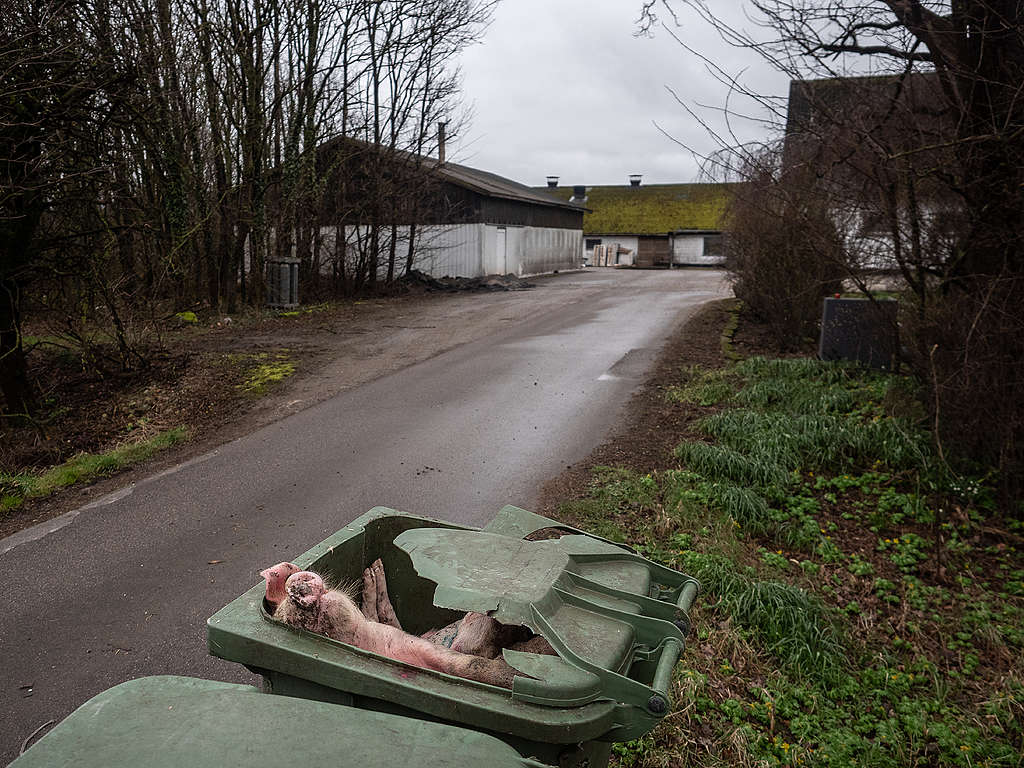
© Greenpeace / Wildlight / Selene Magnolia
I decided to dig through the scientific literature to search for evidence and soon found a large number of international peer reviewed studies, which all concluded that there is a documented link between living near pig factories and an elevated risk of suffering from respiratory illnesses like asthma, as well as skin diseases, diarrhea, and headaches.
Many of these neighbours to pig factories bought their homes decades ago – long before industrial meat production took over much of the countryside. At that time, there were many more small family-run farms, which kept small numbers of livestock. Today, thanks to the industrialisation of meat production, the residents find themselves living near enormous meat factories containing thousands and thousands of animals. Their homes are now impossible to sell, and their life quality has plummeted.
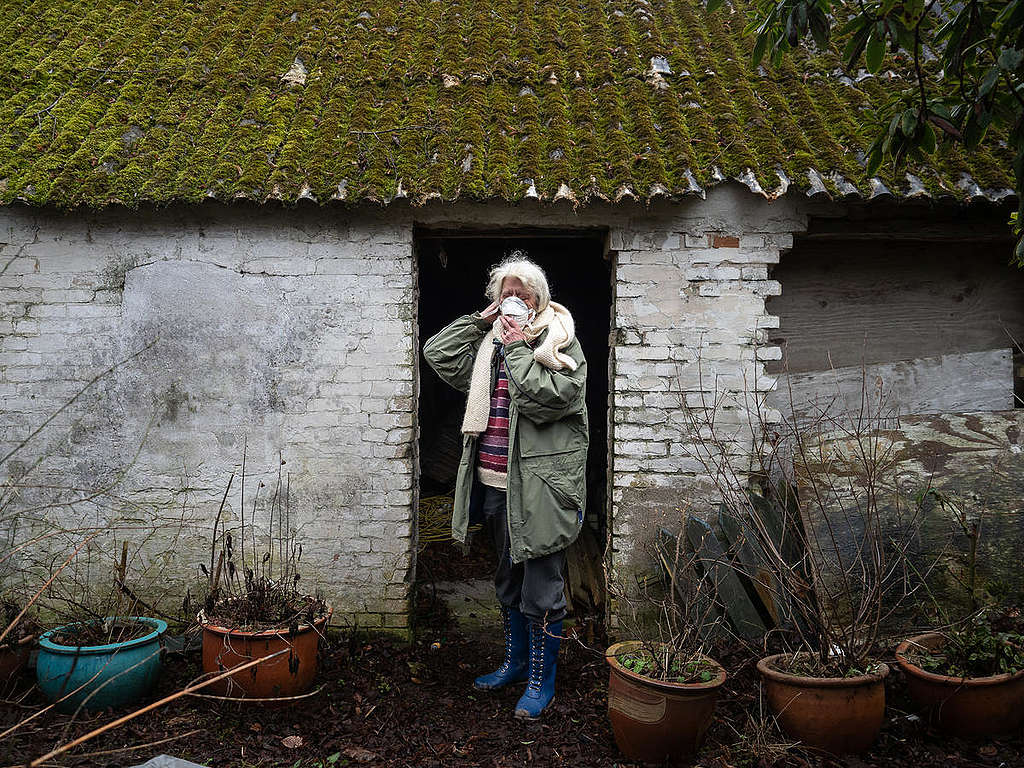
“The smell is so awful, that it makes me feel sick, my head aches and my eyes are red and swollen.”
© Greenpeace / Wildlight / Selene Magnolia
All over the world, ordinary people are suffering from the consequences of industrial meat production. This is not least the case in the small country of Denmark, which is home to over 3,000 pig factories and has the highest number of pigs per capita in the world.
For too long, national governments have ignored the local people. Now is the time to hear the neighbours’ stories. Please watch and share this film. The trailer is below, or you can watch the full film here.
Kristian Sloth is an Agricultural Campaigner at Greenpeace Denmark.

